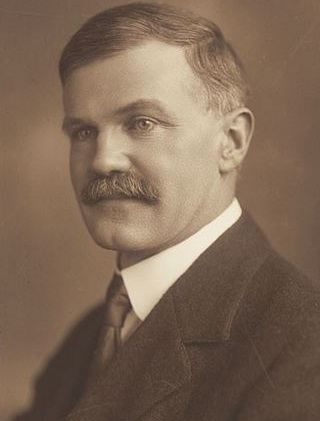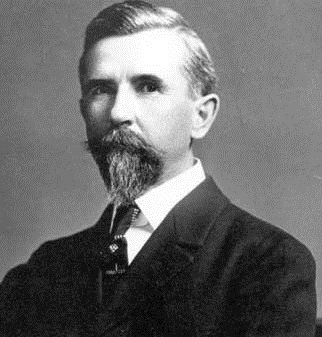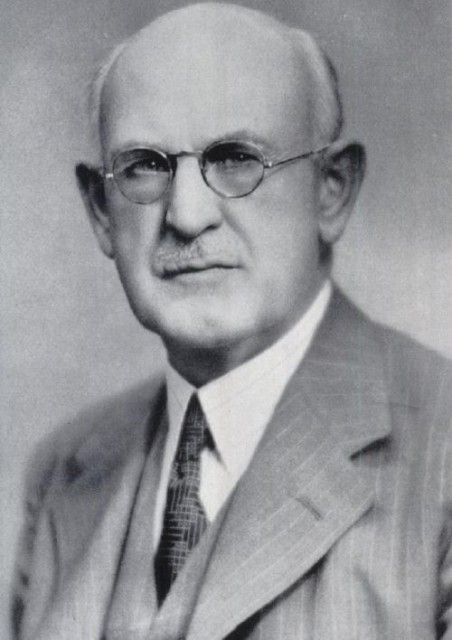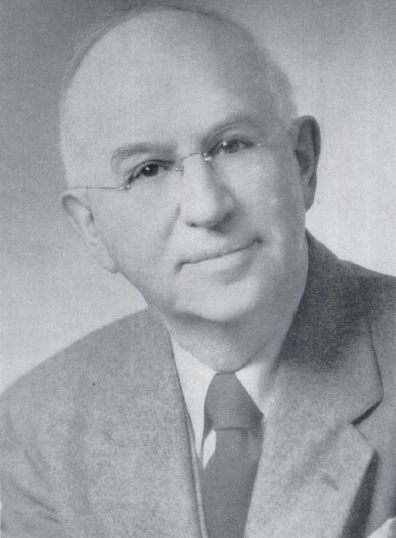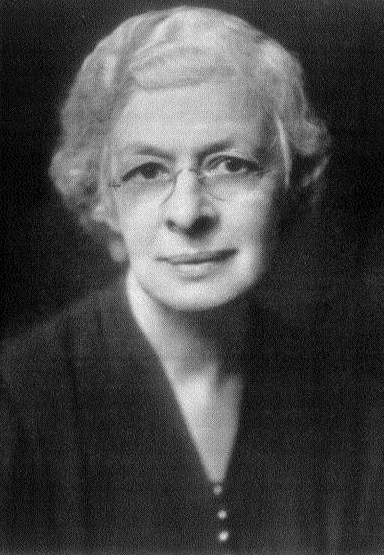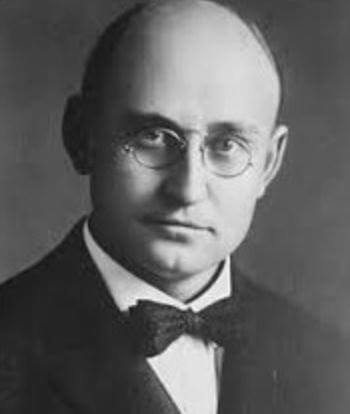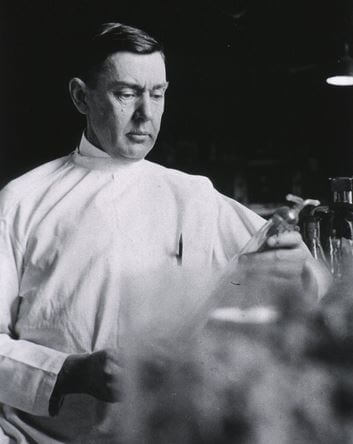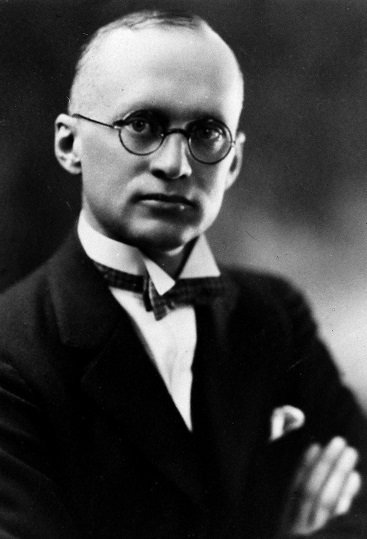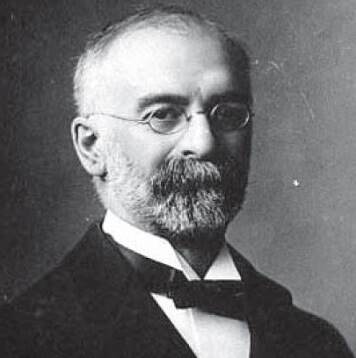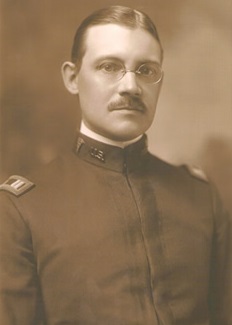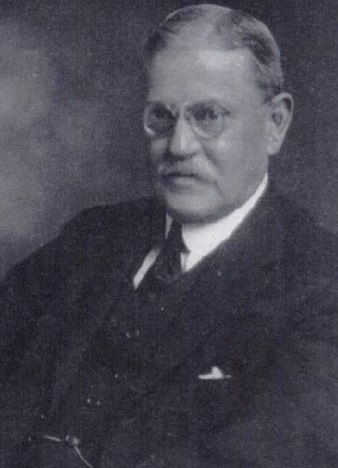Francis Gano Benedict (1870 – 1957)
Frank Benedict was one of America’s leading physiologists whose work was an important contribution to understanding heat production and regulation in humans and animals. Trained as a chemist, Benedict began his career working under W.O. Atwater at Wesleyan University. He showed such talent at using calorimeters to measure heat production and loss that the Trustees …
